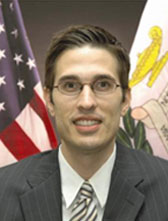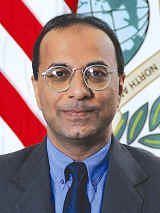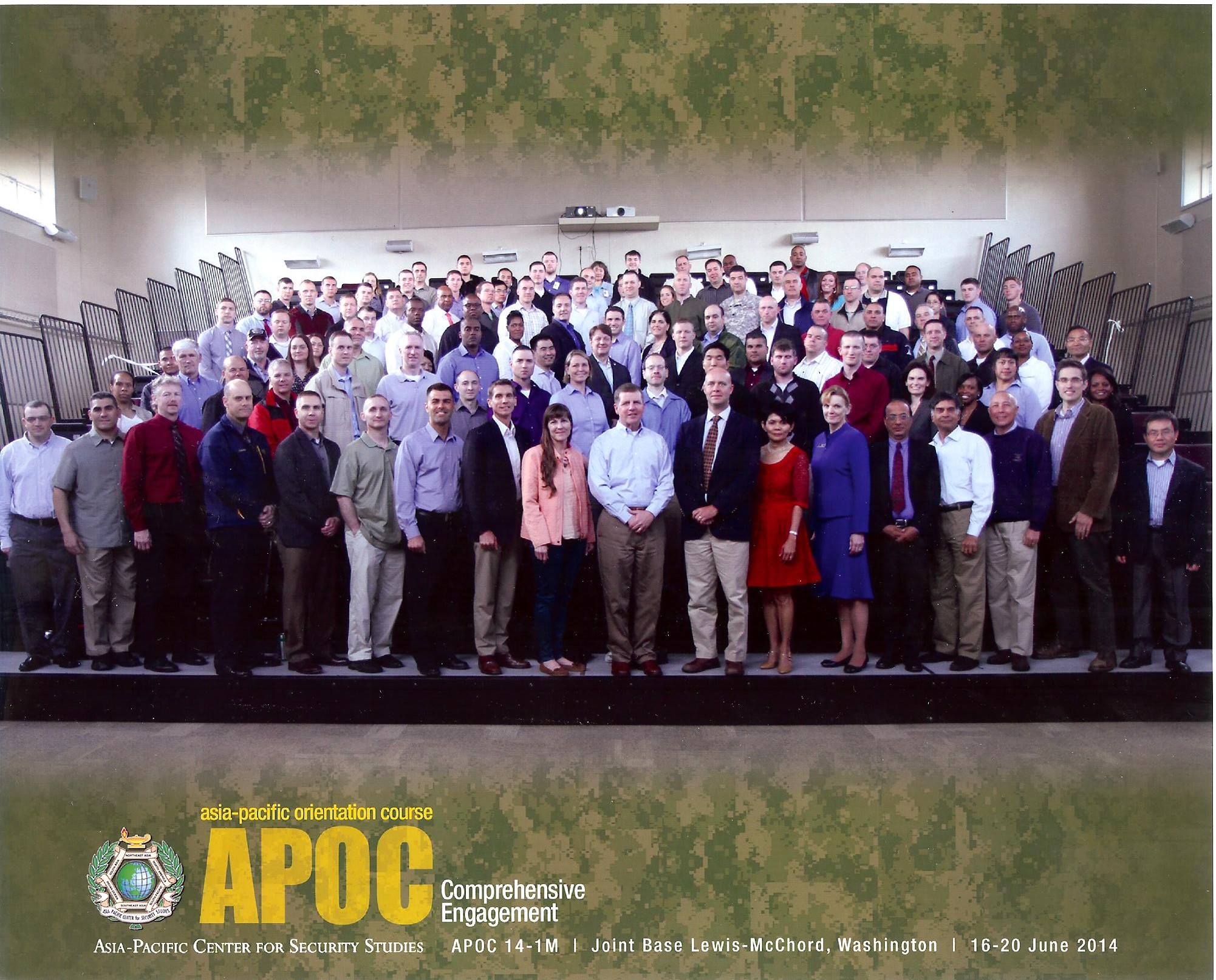APCSS Faculty
APCSS welcomes three new Fellows to faculty
(Honolulu) – The Asia-Pacific Center for Security Studies (APCSS) recently welcomed three military Fellows as new members of its academic faculty. They are Col. Todd Fish, and Lt. Cols. Benjamin Hwang and Kenneth Lawrence. Col. Todd Fish Each is serving a one-year tour to expand their strategic-level knowledge of issues impacting the security environment in the Asia-Pacific region and world. As faculty members, the three serve as seminar leaders in APCSS courses that address socio-economic, military, political and cultural aspects of national security. The officers facilitate open and productive dialogue among course participants and guide them in completing course [...]








